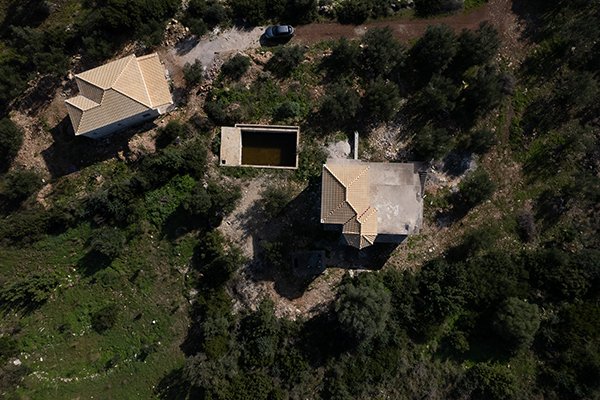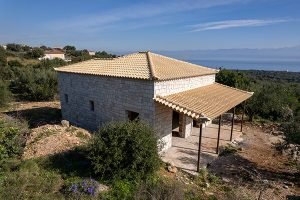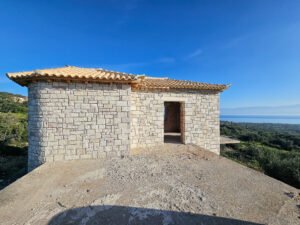Dreaming of owning a home in Greece? You’re not alone. With its Mediterranean climate, slower pace of life, and affordable real estate (compared to the rest of Europe), Greece is becoming a top choice for second-home buyers and investors alike.
But before you start scrolling through listings or planning your move, there are a few things you need to know about the buying process — from legal requirements to taxes and smart steps to protect your investment.
We’ve put together a practical breakdown of what to expect, along with a look at Villa Olympus — a unique opportunity for anyone looking to buy in the Peloponnese region.
Step 1: Find a Qualified Lawyer and Notary
Unlike some countries where you can buy property without legal representation, in Greece it’s essential to work with a Greek lawyer — preferably one who speaks your language and understands cross-border real estate transactions.
Your lawyer will:
- Conduct a title check to confirm the seller has clear ownership
- Review all zoning and building permits
- Help you open a Greek tax number (AFM)
- Draft or review the purchase agreement
- Coordinate with a notary for the final signing
Pro tip: Your notary in Greece acts like a public official and verifies the contract, but they don’t protect your interests — your lawyer does.

Step 2: Understand the Costs Beyond the Price Tag
Property prices in Greece are competitive, especially in regions like the Mani Peninsula, but don’t forget to factor in the extra fees:
- Transfer Tax: Usually around 3%
- Notary and Legal Fees: About 1.5–2.5% combined
- Registration Fees: 0.5–0.7%
- Estate Agent Fees: Typically 2–2.5%, split between buyer and seller
A €500,000 property like Villa Olympus would generally carry around €30,000–€35,000 in total transaction costs, depending on negotiations and final sale terms.
Step 3: Qualify for the Golden Visa (If You Want One)
If you’re a non-EU buyer, this is a big bonus. Greece’s Golden Visa grants residency to buyers who invest at least €250,000 in property — and the process is relatively simple.
Villa Olympus, listed well above that threshold, fully qualifies. It’s also a standout because it’s a multi-structure property with long-term rental and lifestyle potential, located in a quiet village near Kardamili with both mountain and sea views.
And yes — you can use it part of the year and rent it the rest. The Golden Visa rules are flexible like that.

Step 4: Review Local Zoning and Building Codes
One of the themes in this YouTube video on building in Greece is that construction laws are strict but clear, especially in scenic or seismically active regions like the Peloponnese.
If you’re building new or expanding a property, you’ll need to:
- Ensure your land is within city planning zones or meets minimum acreage
- Follow guidelines for height, layout, and environmental protection
- Get proper architectural and engineering approvals
With Villa Olympus, the hard work is already done — the main home and guest house are fully built and permitted, offering you peace of mind and no surprises.
Step 5: Plan for Ongoing Taxes and Property Management
Once you own the property, you’ll be responsible for:
- ENFIA (annual property tax): Calculated based on the property’s official tax value
- Utility bills and local municipality fees
- Optional property management, if you plan to rent or visit seasonally
Many buyers opt to work with a local management team, especially in rural or semi-remote areas like Kafou. This makes it easier to handle rentals, maintenance, and cleaning
A Final Word Before You Buy
Greece offers real opportunity — but buying here isn’t like buying in your home country. The key is having a team in place that knows the process, and a property that already checks the legal boxes.
Villa Olympus is one of those rare finds that’s move-in ready, fully permitted, and Golden Visa eligible — with space, privacy, and potential all rolled into one.
📍 Explore Villa Olympus
📺 Watch this video on building and investing in Greece to see how the process works firsthand.



